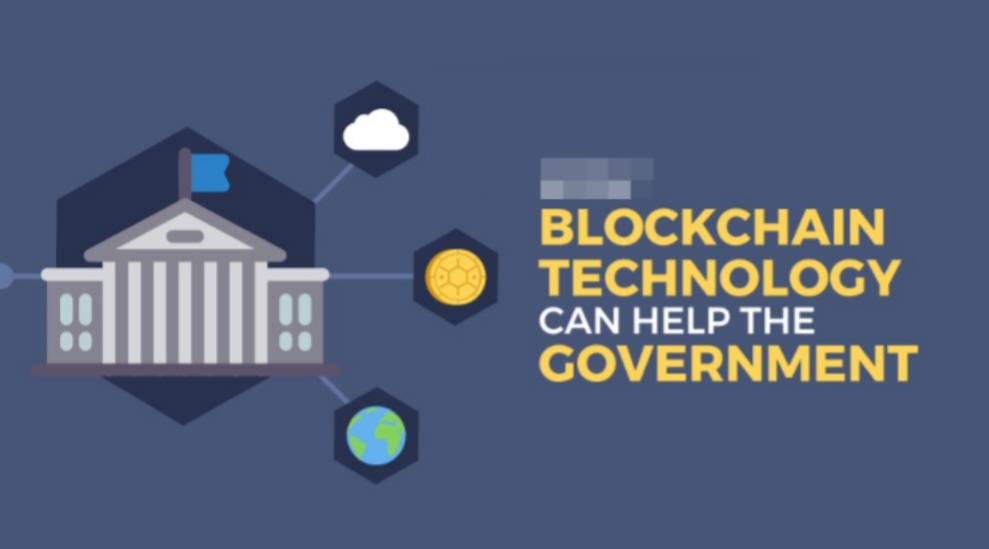The Problem with Traditional Government Spending
Governments worldwide manage trillions of dollars in taxpayer funds. Yet, citizens often encounter a lack of clarity and accessibility in how these funds are allocated and utilized. Traditional systems of auditing and reporting are riddled with inefficiencies, delays, and vulnerabilities that enable corruption, mismanagement, and opaque budgeting.Common Issues in Current Systems:
- Corruption and Fraud Many nations grapple with scandals involving missing funds, fraudulent contracts, and misappropriated budgets. High-profile cases, such as missing COVID-19 relief funds or inflated procurement deals, erode public trust.
- Slow and Inefficient Auditing Traditional auditing mechanisms often take months or even years to provide clarity, by which time funds may have been squandered or siphoned off.
- Lack of Public Accessibility Even when financial records exist, they are frequently buried in complex, inaccessible formats, leaving taxpayers in the dark about how their money is spent.
How Blockchain Can Revolutionize Public Finance
Blockchain is a decentralized and tamper-proof ledger system that records transactions transparently. By adopting blockchain for public spending, governments can create a system where every financial transaction is logged, traceable, and immutable.How It Works:
- Public Ledger: Every transaction, from allocating funds to completing a project, is recorded on a blockchain.
- Accessibility: Citizens, auditors, and watchdog organizations can access and verify transactions in real-time.
- Automation: Smart contracts can automate processes like disbursing funds, ensuring compliance with predefined conditions.
Key Benefits of Blockchain for Government Spending
1. Immutability and Transparency
Blockchain’s core feature is its immutability. Once a transaction is recorded, it cannot be altered or deleted. This creates a reliable, permanent record of public spending. Citizens can track funds at every stage, ensuring governments remain accountable.2. Real-Time Accountability
Blockchain enables real-time monitoring of financial flows. For instance:- Funds allocated for building a hospital could be traced from the central treasury to the final contractor.
- Progress milestones and fund usage could be updated live, ensuring transparency throughout the project lifecycle.
3. Reduced Corruption and Fraud
By eliminating opportunities for altering records, blockchain makes it significantly harder for officials to misappropriate funds. Smart contracts, which automatically execute payments only when specific conditions are met, can prevent fraudulent claims.4. Improved Auditing Efficiency
Auditors no longer need to sift through paper trails or reconcile inconsistent reports. Blockchain provides a single, unified ledger, significantly reducing the time and effort needed for audits.5. Global Standardization and Trust
Blockchain-based public spending could set a global benchmark for financial governance. Citizens would gain renewed trust in their governments, knowing their taxes are used responsibly.Challenges of Implementing Blockchain in Public Finance
While the benefits are clear, implementing blockchain in government systems is not without challenges:1. Resistance from Corrupt Officials
Transparency threatens those who benefit from financial opacity. Implementing blockchain might face resistance from entrenched interests seeking to protect their illicit gains.2. Scalability Issues
Governments handle millions of transactions daily. Implementing a blockchain solution capable of processing such a high volume efficiently remains a technical hurdle.3. Privacy Concerns
Not all government transactions can or should be fully public. For example, defense budgets and other sensitive expenditures require confidentiality, necessitating a hybrid blockchain model.4. Regulatory and Technical Barriers
Many governments lack the legal frameworks and technical expertise needed to implement blockchain solutions effectively. Developing the infrastructure and training personnel would require significant investment.Real-World Examples: Blockchain in Governance
Despite these challenges, several governments have already begun exploring blockchain technology to enhance transparency and efficiency:- Estonia Estonia is a pioneer in digital governance, using blockchain for secure records management in public services and financial systems.
- Georgia The Georgian government employs blockchain to manage land registries, reducing fraud and enhancing transparency.
- El Salvador After adopting Bitcoin as legal tender, El Salvador uses blockchain to track Bitcoin transactions and improve financial inclusivity.
The Future of Public Spending on Blockchain
Changpeng Zhao’s vision for blockchain-based public spending is ambitious yet attainable. As blockchain adoption grows, governments may initially explore hybrid models where critical transactions are made public while others remain confidential. Over time, this could evolve into a comprehensive system that sets new standards for financial governance. Key milestones in achieving this vision include:- Developing Scalable Blockchain Solutions: Governments must collaborate with tech experts to create blockchains that can handle large-scale transactions.
- Establishing Legal Frameworks: Clear regulations will be essential to guide the implementation and use of blockchain in public finance.
- Educating the Public: Citizens must understand how blockchain works to fully leverage its transparency and accountability features.
Final Thoughts
Public spending should be as transparent as its name suggests. Blockchain offers a revolutionary tool to achieve this, ensuring taxpayer money is spent responsibly and effectively. While challenges exist, the potential to rebuild trust, reduce corruption, and enhance governance is too significant to ignore. As the world moves toward digital transformation, governments must prioritize financial transparency. Blockchain isn’t just a technological advancement—it’s a necessity for 21st-century governanceleading the charge in transforming ideas into success stories.Follow Kenya Crypto Magazine for Updates Twitter: Kenya Crypto Magazine WhatsApp Community: Join HereENG WANJIKU
Views: 9




